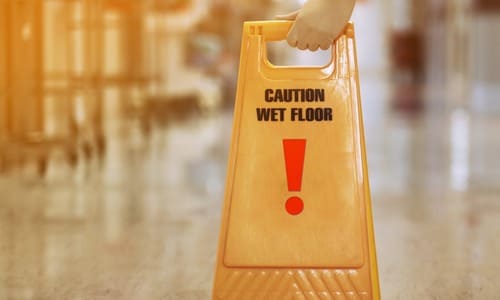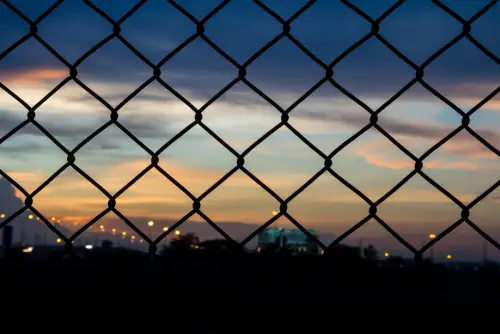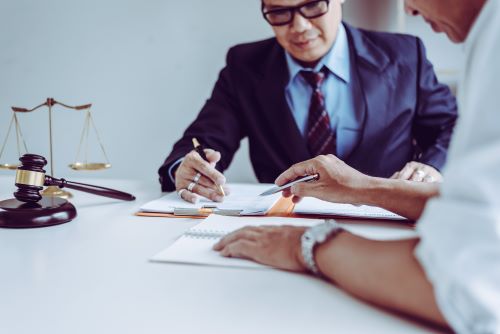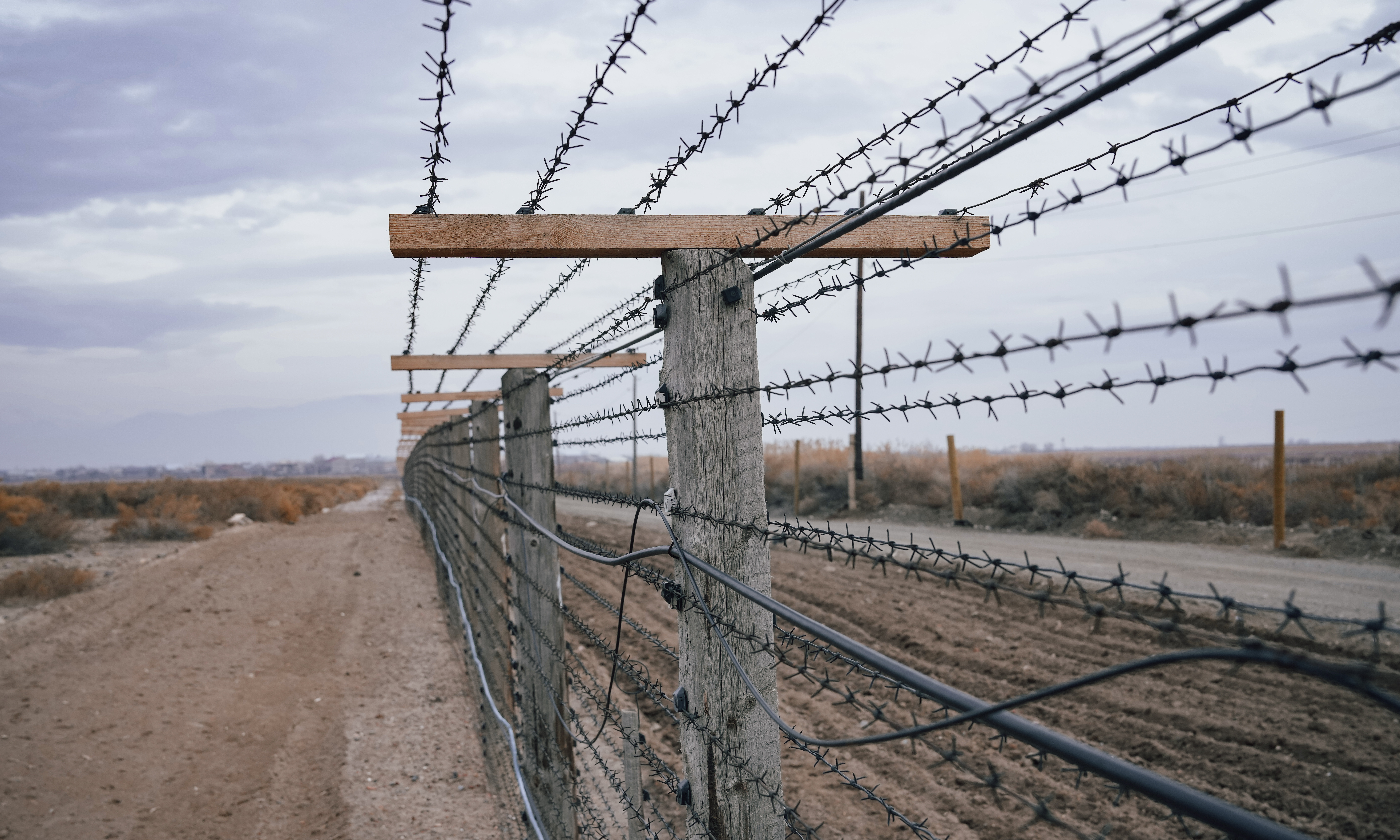 Having an injury occur in a public place or on someone else’s property can be a harrowing surprise. We visit places outside our homes, assuming that others will apply the same level of care toward keeping their property safe and free of hazards. Unfortunately, issues ranging from neglect to hazardous substances can leave individuals seriously sick, injured, or otherwise harmed.
Having an injury occur in a public place or on someone else’s property can be a harrowing surprise. We visit places outside our homes, assuming that others will apply the same level of care toward keeping their property safe and free of hazards. Unfortunately, issues ranging from neglect to hazardous substances can leave individuals seriously sick, injured, or otherwise harmed.
Filing a premises liability claim to recover the costs of your injury is rarely a straightforward matter. Unlike Fresno car accident cases, where many injury claims are settled fairly quickly as a matter of course, property liability insurance coverage is often reluctant to pay out. Simply put, property owners have more at stake, with higher coverage limits, so they and their insurers have a higher financial motivation to deny or severely reduce claims.
Let a premises liability accident attorney in Fresno represent your case and assist you with holding negligent property owners accountable. You have a legal right to pursue damages from all at-fault parties, and we are here to help you exercise that right to the fullest extent of the law.
Call (559) 878-4958 or contact us online to schedule a free, confidential, no-obligation case review to discuss your situation and to learn what legal options you have for pursuing compensation. Our team of trusted Fresno personal injury lawyers is here and ready to help you fight for the highest claim amount possible.
Types of Cases a Premises Liability Attorney Will Commonly Handle
Premises liability cases involve any sort of personal injury suffered as a result of a property owner’s negligence. Basically, when someone gets hurt on someone else’s property because the property owner failed to keep it safe, that can be grounds for a premises liability claim. Note that premises liability claims can also involve delayed injuries, such as an illness caused by exposure to a toxic substance.
Common examples of premises liability cases include:
- Slip-and-fall accidents
- Trips and other falls
- Collapsed flooring or railing
- Unsafe stairs
- Other structural collapse
- Unreasonable fire risk
- Injury caused by poor visibility
- Failure to warn about hazards
- Swimming pool accidents
- Elevator and escalator accidents
- Dog bites
- Exposure to toxic/harmful substances
- Assaults stemming from negligent security
- Walkway/balcony accidents
- Electrical shock
- Defective or poorly maintained machinery
- Construction site hazards
- Failure to enforce necessary safety protocols
- Inadequate training protocols
- Exposed wiring, moving machinery, or other hazards
- Child hazards
When assisting you with your claim, your premises liability lawyer will seek to uncover all available evidence needed to prove that a negligent property owner caused an otherwise avoidable accident. Injured claimants will also have the full extent of their damages documented — both past and future — so that they can seek the maximum compensation available under the law.
As property liability claims are more difficult to win than other types of claims, the services an attorney provides can help prevent a claim from being undervalued. In many cases, an injured claimant will be told they don’t even have the right to seek compensation when this statement is inaccurate.
In short: your premises liability attorney:
- Keeps you informed of your rights
- Negotiates with insurers and others aggressively on your behalf
- Seeks to enforce your rights through the legal system
- Helps you recover more damages
- Simplifies the claims process, helping you focus on healing
Who Is Considered At-Fault for an Injury on a Given Property?
California somewhat uniquely places full legal responsibility upon the owner of a property for any injuries that occur as a result of “the result of his or her willful acts, but also for an injury occasioned to another by his or her want of ordinary care or skill in the management of his or her property or person” (See California Civil Code 1714).
In all states, the property owner holds the greatest degree of responsibility for the ultimate condition of their property, as well as the reasonably safe management of possible hazards on that property. However, many states also recognize that tenants often make modifications to properties and that tenants and/or subcontractors — such as rental property management companies — are typically responsible for handling day-to-day property maintenance tasks. As such, liability for injuries on the premises can often be transferred to lawful occupants of the property, or the party most responsible for creating or managing the hazard in question.
In California, the property owner cannot delegate responsibility to others. They can recover losses related to liability claims by filing a lawsuit directly against the named party (a tenant or contractor, for example), but they cannot argue that someone else is responsible for making the injured claimant whole again.
There are many types of property owners in California. Some of the most common types of properties where injuries occur include the following:
- Apartment buildings
- Condos/joined housing units
- Recreational/rental properties
- AirBnB, Vrbo, or other short-term rental properties
- Hospitals
- Retail stores
- Restaurants and cafes
- Rental properties
- Movie theaters
- Amusement parks
- Museums, zoos, and aquariums
- Specialty stores
- Storage unit operators
- Other leased commercial property units
- Private homes
- Government properties, including public spaces like parks and post offices
Note that you may still seek a claim against someone other than a property owner. You may be able to submit a secondary liability claim against the occupying tenants of a property or another third party. For example, you may be able to hold an apartment complex owner liable for an injury related to tripping over a hose while seeking a separate claim against the lawn maintenance company that left the hose out.
Parties may be named jointly in a single lawsuit, or they could be pursued separately. In any case, an injury victim cannot recover the exact same damages from two different parties: the award may be reduced according to the named party’s proportion of fault, or some of the award may be given back to the property owner to repay (subrogate) them for the portion of fault assigned to another party.
How Are Premises Liability Claims Proven?
Premises liability claims follow many of the same legal guidelines as other negligence cases. However, the four main provings required to show negligence — and responsibility for the injury — differ slightly from, say, a car accident claim.
In a premises liability case, the injured claimant will always seek to prove the following:
- The named party owned the property in question or was the owner/controller of the property in-face at the time the accident occurred.
- The named party failed to exercise “ordinary care or skill” in the management of their property, breaching their duty to reduce the risk of harm to others on the property
- The breach of duty directly led to an injury, illness, or other harm to the claimant
- The claimant suffered compensable (recoverable) damages as a result of their injury
Unlike other states, there is no reason to have to prove that the property owner was the specific party that committed an act of negligence. When a tenant or contractor given permission to use or access the property is negligent, the property owner is held responsible vicariously for their failures to keep the property safe. There is a legal expectation that the property owner will visit the property frequently, keep up with needed maintenance, and otherwise obtain assurances that others using or accessing the property won’t create an unreasonable risk of injury to others.
Countering Common Defenses to Premises Liability Claims
There are three common defenses a property owner will use to try and avoid being held responsible for injuries on their property.
Foreseeable Hazards
One common defense is that the hazard that led to the injury wasn’t foreseeable. What this means is that no ordinary person who owned a piece of property like theirs could have reasonably predicted the likelihood of such an injury. This defense makes sense in light of extraordinary situations outside of the property owner’s control, such as if an animal escaped from a zoo. But it is much less likely to succeed when the event in question was likely to occur or when the property owner had reason to predict that the event could have occurred.
An example of a “foreseeable” hazard might be a section of flooring that had not been replaced in decades or that was otherwise known to be in need of repair. Similarly, every property owner should know that if they fail to provide adequate lighting in stairwells that a trip and fall accident is likely to occur.
“Reasonable Time” to Repair
In a similar vein to foreseeability, this defense alleges that the property owner did not have enough time to repair a hazard or to otherwise prevent harm once they were made aware of it. If such a case were to make it to a jury trial, the jury would be asked to consider whether the property owner could have reasonably discovered the hazard through ordinary care, and whether the property owner had the time available to fix the hazard before any harm resulted.
In many of these cases, successful injury claimants were able to win because they showed that the property owner either should have:
- Taken greater care of their property so that the hazard could not have emerged; or,
- Restricted access to the property or otherwise posted clear, visible warnings so that property visitors knew to exercise care
Contributory Negligence
California law allows for an individual to still hold someone else liable for the costs of their injury even when the injury victim somehow caused their own accident in part. To be eligible for a claim, though, the victim must have contributed 50% or less to their own injury. Any contributed fault would cause the eventual award to be reduced by the claimant’s assigned proportion of blame.
For example, a rental property tenant failed to turn on outdoor flood lights before tripping in a sinkhole in the front yard, their landlord may allege that they failed to take reasonable steps in light of the foreseeable risk of a tripping hazard in the yard. However, the injured claimant can say that they would not have tripped if not for the poor maintenance of the yard, regardless of how much light was available to see.
Property owners will often aggressively seek to lay a portion of blame on claimants or other parties in order to reduce their exposure to liability within a single claim. Your Fresno premises liability lawyer can help fight back against these allegations of shared fault in order to seek the highest amount of compensation possible.
Statute of Limitations for Premises Liability Injury Claims
The state of California provides two years from the date of an accident (or the date of discovery of an injury) in order to seek to recover damages from the responsible party. Once this period has passed, it will be extremely difficult to prove that you have the legal standing to hold them responsible.
The two-year date can be extended in some cases, such as if the victim was a minor at the time of the accident or if the victim discovered an illness related to exposure on the property years after the fact. In any event, it is vital to start building your claim as soon as possible so that all evidence can be recovered and there is minimal risk that the case will be dismissed by virtue of a lapse in the statute of limitations.
Note, too, that claims against government and municipal organizations (including some contractors) have a scant six-month filing window! If you have been hurt at a public park or on any other property owned by the state, county, municipal, or federal government, be sure to reach out to Singh Ahluwalia as soon as possible!
Damages Available After a Premises Liability Accident
The damages you seek depend completely on the types of injuries you have suffered, the associated costs of treating those injuries, and any losses stemming directly from the injury, including lost wages. More-severe injuries will lead to higher losses, resulting in a larger claim for damages.
Damages are obtained either through a voluntary settlement agreement, arbitration, or a jury trial. The amount requested in damages is split between economic (special) damages and non-economic (general) damages suffered by the plaintiff.
Economic damages include:
- Costs of past medical treatment
- Future costs of medical treatment
- Lost wages
- Costs of domestic services that had to be replaced
Non-economic damages include:
- Pain and suffering
- Mental anguish
- Hardship introduced by a disability or disfigurement
- Loss of enjoyment of life
- Loss of consortium and ability to have family relationships
Some cases may also warrant punitive damages when the property owner commits an egregious or intentional act of negligence. Punitive damages can be substantial, but they are only available in cases that proceed to jury trial.
Work With a Fresno Premises Liability Attorney Who’s Ready to Fight for You
Premises liability cases typically involve big-money interests. Those who have been hurt by a property owner’s negligence are likely to feel scared, intimidated, and overwhelmed throughout the process when they try to handle everything on their own. They can look to the services of a Fresno property injury lawyer to help them pursue a claim for all the damages they have suffered.
Singh Ahluwalia Attorneys at Law has built its reputation on helping people who feel against the odds. We vigorously enforce your legal rights and don’t accept any weak excuses or defenses against liability. Your case receives the full attention it deserves, keeping you in control and informed at all stages. Our firm speaks Punjabi, Hindi, Spanish, and English in order to best serve our client communities.
Schedule your free initial case review and consultation now to speak to one of our experienced Fresno personal injury attorneys confidentially. Simply all (559) 878-4958 or contact us online to get in touch today!


